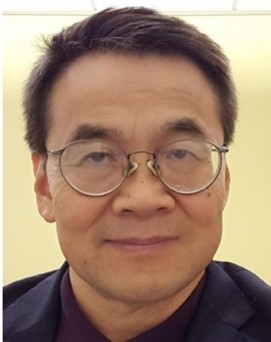At local time on August 19, 2025, in Toronto, Canada, the Canadian Academy of Health Sciences (CAHS) announced the results of the 2025 Fellow election. Professor Zhengping Jia from the School of Life Science and Technology at Southeast University, a national high-level talent, has been elected as a Fellow of the Academy.
The title of Fellow of the Canadian Academy of Health Sciences, along with Fellows of the Canadian Academy of Engineering and Fellows of the Royal Society of Canada, is regarded as one of Canada’s three top national-level academic honors. These titles are awarded to scholars who have made outstanding achievements in the fields of medical health, engineering, and natural sciences, respectively. The CAHS Fellowship is the highest academic honor in Canada’s health sciences, recognizing scholars for their significant contributions to academic development and health sciences in the country.
Professor Zhengping Jia, a Chinese-Canadian neuroscientist, is currently a professor at the School of Life Science and Technology at Southeast University, a national high-level talent, Canada Research Chair (Tier 1), full professor in the Department of Physiology at the University of Toronto, senior scientist at the Hospital for Sick Children in Toronto, and director of the Neuroscience Platform at the Department of Physiology, University of Toronto. Professor Jia has long been dedicated to studying the neural basis and plasticity mechanisms of learning, memory, and brain diseases. He has made a series of groundbreaking and original contributions of both theoretical significance and potential application value, especially in establishing and applying animal models related to glutamate receptors and Rho signaling molecules. His major works have been published in internationally renowned journals such as Neuron, Nature Neuroscience, Nature Communications, Nature Nanotechnology, Molecular Cell, PNAS, and Science Advances.
His main achievements include: First to reveal the unique roles of various types of glutamate receptors in synaptic plasticity and learning and memory; First to demonstrate the regulatory roles of multiple synaptic proteins (LIMKs, PAKs, NLGs, ROCKs, etc.) as pathogenic factors in dendritic spine morphological plasticity and learning and memory; Using cutting-edge conditional gene point mutation and knockout techniques, he was the first to generate and analyze a variety of transgenic and gene knockout mouse models with broad applications (including mGluR5, GluA1, GluA2, GluA3, LIMK1, PAK1, PAK3, ROCK2, etc.). These animal models have been widely adopted by hundreds of leading laboratories worldwide, greatly promoting both basic biomedical research and clinical applications. Relevant research results have been published in top-tier journals such as Cell, Nature, Science, and Nature Neuroscience.

Professor Zhengping Jia
The reason for his election was stated as: “is one of Canada’s preeminent neuroscientists and is internationally renowned for revolutionizing our understanding of brain function in health and disease.”
